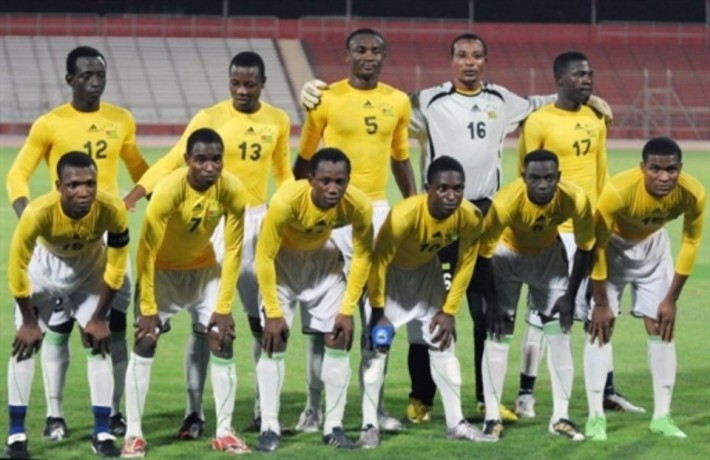FIFA Spotlight on 2010 “Fake Togo National Team” Scandal
The football world has been reminded of one of its strangest and most controversial incidents as the 2010 case of the so-called “fake Togo national team” resurfaced in the spotlight. In September 2010, a Togolese side traveled to Bahrain to play a friendly match against the Bahraini national team. The match ended in a heavy 3-0 defeat for Togo, but what made this encounter infamous was the revelation that the players on the field were not genuine members of the Togolese national team.
Local authorities in Togo later discovered that the squad that took part in the friendly was entirely fraudulent. General Seyi Memene, then president of the interim committee of the Togolese Football Federation, confirmed the shocking truth: “We did not send any players to Bahrain; the players who took part in the friendly match were completely fake.” This admission confirmed suspicions that the match had been organized under false pretenses, leaving the Togolese Football Federation and its supporters embarrassed by the incident.
The scandal took a more serious turn in the following months when investigations revealed the involvement of match-fixing agent Wilson Raj Perumal, a Singaporean national with a prior conviction for manipulating football results. Perumal, known for orchestrating fraudulent matches worldwide, had facilitated the organization of the Bahrain fixture. At the time, Perumal had reportedly secured approval from officials in Bahrain, raising questions about governance and accountability in international football.
The coach responsible for leading the Togolese side to Bahrain, Banna Tchanilé, was eventually punished for his role in the debacle. FIFA imposed a three-year suspension, barring him from all football-related activities. The decision reflected the severity with which football authorities treat cases of deceit, particularly those involving national teams, and served as a stern warning to other football professionals.
Interestingly, the controversy resurfaced six years later in the context of the FIFA presidential campaign, drawing renewed attention to the actions of Sheikh Salman, the then-president of the Bahrain Football Association and a candidate to succeed Sepp Blatter as FIFA president. Sheikh Salman faced criticism for his perceived role in allowing the match to take place. In interviews, the Qatari-born official defended himself, stating, “We didn’t know. When someone brings you the Togo national team for a match, you don’t know the team.” Nevertheless, the incident raised questions about due diligence and the responsibilities of national football federations when hosting international fixtures.
The 2010 fake-team scandal is widely regarded as one of the most bizarre episodes in African football history. It highlighted not only vulnerabilities in international match organization but also the lengths to which unscrupulous agents might go to manipulate the sport for personal gain. While Togo recovered from the embarrassment, the case remains a cautionary tale for federations worldwide about verifying teams, players, and officials before sanctioning international matches.
For Banna Tchanilé, the suspension served as a career-altering consequence, a reminder that involvement in match-fixing or fraudulent activities carries serious repercussions. For football fans and administrators, the incident continues to resonate as an unusual, yet instructive, chapter in the history of the global game.












